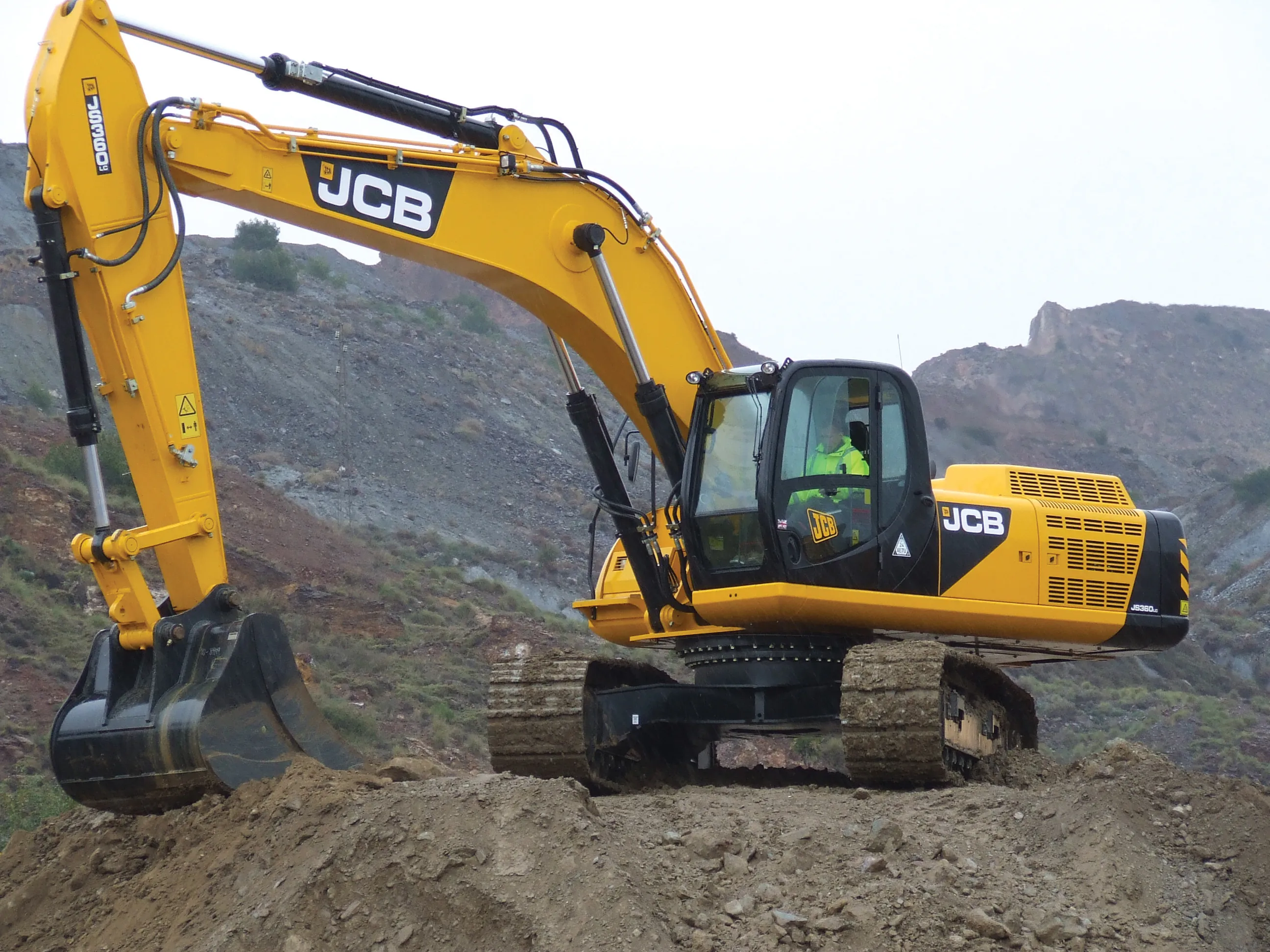JCB has stepped up the battle against construction equipment theft by announcing that seven models in its Hammermaster hydraulic breaker ranges are to get CESAR marking as standard. The move means JCB, which was the first major manufacturer to make CESAR standard on its construction range in 2007, is the only firm to offer the anti-theft marking system on its breakers in the UK.
June 25, 2012
Read time: 2 mins

The move means JCB, which was the first major manufacturer to make CESAR standard on its construction range in 2007, is the only firm to offer the anti-theft marking system on its breakers in the UK.
“This move is in direct response to our customers, who have asked us to come up with an effective anti-theft deterrent for their breakers,” says Paul Hartshorn, director and general manager of JCB Attachments. “Theft of attachments is an ever-growing and often uninsurable problem for our customers. By registering the breakers with CESAR we are aligning our hammers with the JCB carrier machines which are already protected by CESAR and
Datatag has developed a special marking system for the demanding application and working conditions that a hydraulic breaker encounters. It includes a tamper evident triangular registration plate, with a unique number for each breaker. Radio frequency identification (RFID) transponders are installed on the hammer, along with uniquely numbered ultra-destruct labels with additional covert marking.








